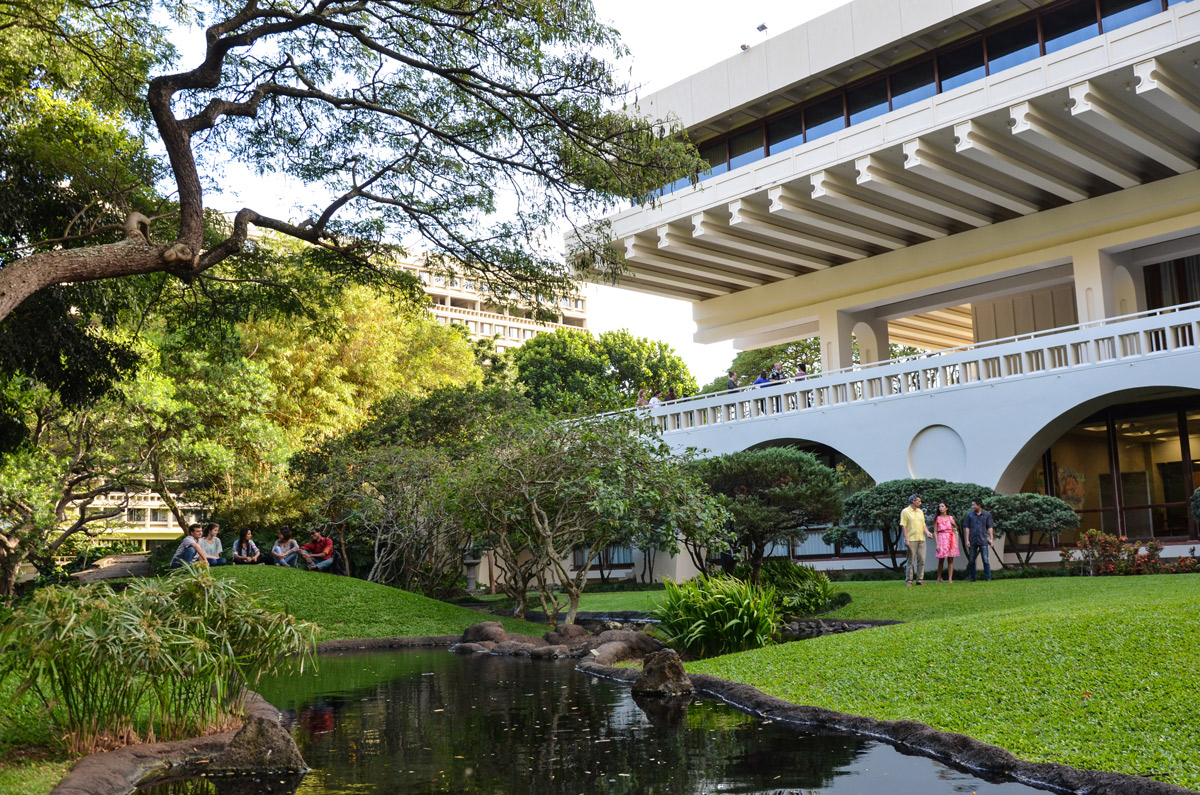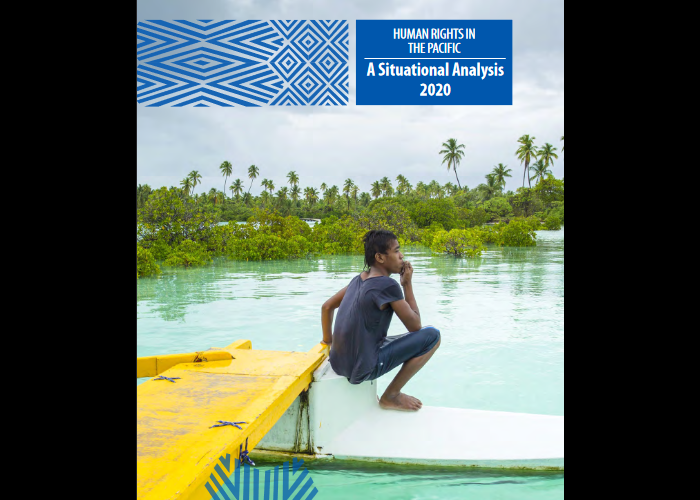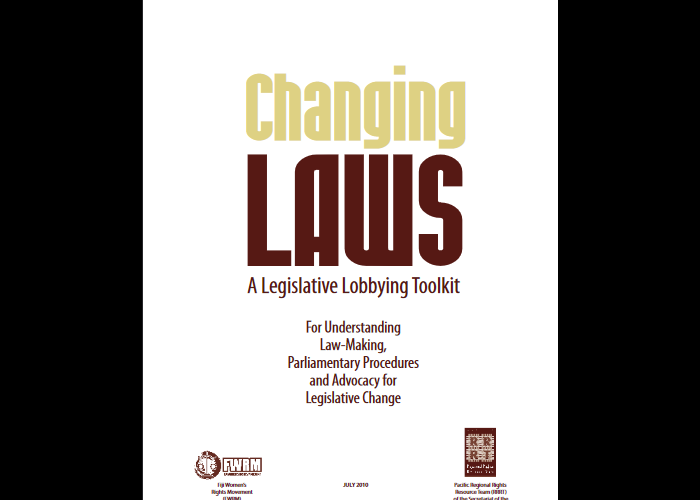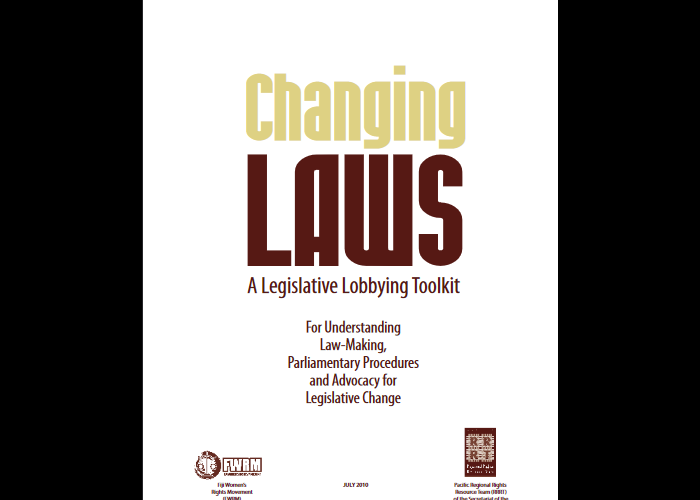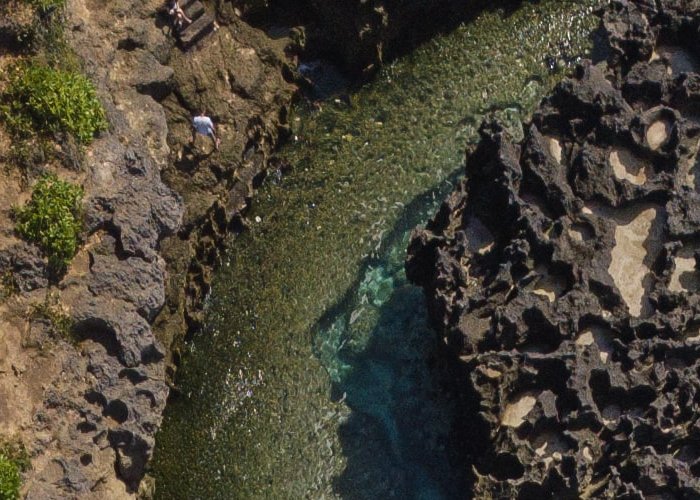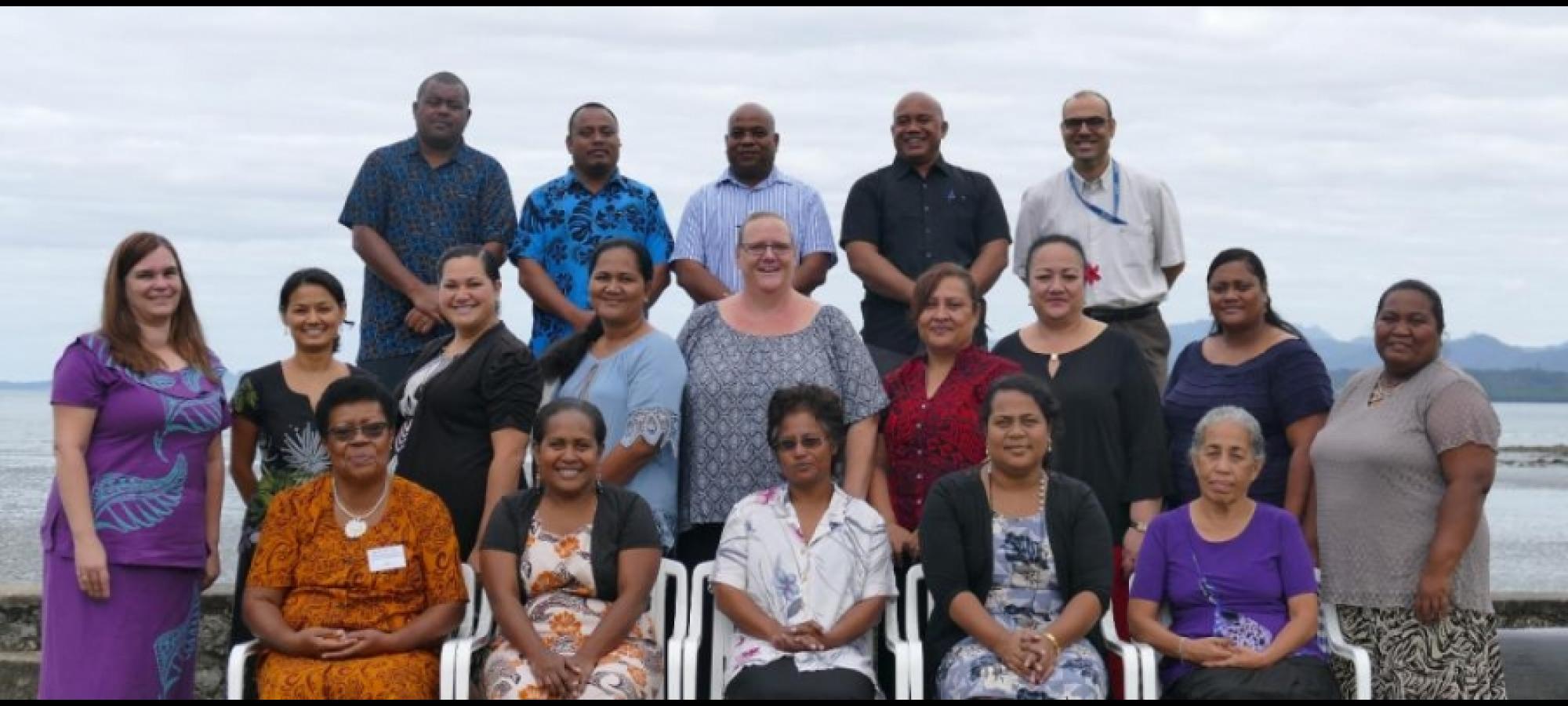Pacific education officials and curriculum development officers from Kiribati, the Republic of Marshall Islands (RMI), and Tuvalu met in Fiji this week (7 to 10 August) to progress plans to integrate human rights and responsibilities into primary and secondary school curricula under the banner of “social citizenship education”.
The social citizenship education programme 2018-2021 is funded by the EUR 19.5million Pacific Partnership to End Violence against Women and Girls (Pacific Partnership), supported by the European Union (EUR 12.7m) with targeted support from the Australian Government (EUR 6.2m) and UN Women (EUR 0.6m).
On behalf of the delegations from Kiribati, RMI and Tuvalu, Mr Neaki Letia, Director of Education for the Government of Tuvalu, said “as we navigate the various implementation challenges ahead we must stay strong in our belief that children and young people can bring about positive social change. This workshop provided an opportunity for countries to share with and learn from each other as we plan towards a future where children and young people are agents of change.”
Plans to action the integration of social citizenship education into the school curriculum arose following a regional consultation held in April 2017 where education officials from 10 Pacific countries met to map a way forward for their countries to strengthen social citizenship through their national education curriculum. This week’s follow up workshop was attended by senior education officials and representatives from three Pacific countries who will now return to their respective countries and drive the action plans they have developed.
In welcoming the participants to the workshop, Ms Ingrid Swinnen, representative of the Delegation of the European Union for the Pacific said, “Ministries of Education in the Pacific are critical counterparts and drivers of this process because they best understand what suits their country context and education systems to deliver social citizenship education”.
Support to the social citizenship education programme will be provided by the Pacific Community’s (SPC) Regional Rights Resources Team (RRRT), in collaboration with SPC’s Educational Quality and Assessment Programme (EQAP) and the Social Development Programme (SDP).
“At SPC RRRT, we believe that our children and young people are ready to have conversations on social inclusion, human rights, gender equality and ending violence, within the classroom setting. The social citizenship component of the Pacific Partnership programme will help them to do this in an informed way and SPC RRRT is excited to be part of this initiative”, said SPC RRRT Director, Miles Young.
The Pacific Partnership programme brings together governments, civil society organisations, communities and other partners, to promote gender equality, prevent violence against women and girls (VAWG), and increase access to quality response services for survivors of violence. The programme’s three outcome areas are jointly implemented through a partnership between SPC RRRT, Pacific Islands Forum Secretariat (Forum Secretariat) and UN Women Fiji Multi-Country Office (MCO).
The social citizenship education programme is Outcome One of the Pacific Partnership programme, and aims to contribute towards shaping children and youth’s notions and awareness of human rights and responsibilities, gender equality, social inclusion and ending violence against women and girls in their communities.
Media contact:
Danica Waiti, Team Leader – Monitoring, Evaluation, Learning and Knowledge Management, [email protected] or +679 735 9860
Background Information:
The Pacific region has some of the highest rates of violence against women recorded in the world – twice the global average with an estimated two in every three Pacific women impacted by gender-based violence. Along with high rates of violence – a violation of human rights – women and girls in the Pacific region experience constant and continual inequalities including low levels of participation in decision making, limited economic opportunities, restricted access to sexual and reproductive health and rights.
The Pacific Partnership to End Violence Against Women and Girls (Pacific Partnership) brings together governments, civil society organisations, communities and other partners to promote gender equality, prevent violence against women and girls (VAWG), and increase access to quality response services for survivors.
To achieve this, the Pacific Partnership aims to transform the social norms that allow violence against women and girls to continue; to ensure survivors have access to quality response services; and to support national and regional institutions to meet their commitments to gender equality and prevention of violence against women and girls. Working through partners, it will promote equal rights and opportunities for all Pacific people, through innovative approaches to education, access to essential services, and policy development.
The EUR€18.2 million partnership is primarily funded by the European Union (€12.7m) that supports all three outcome areas of the programme, with the Australian Government providing targeted funding to the second outcome (EUR€4.9m or AUD$7.6m) supported by UN Women (EUR€0.6m or USD$0.75m). The programme’s three outcome areas are jointly implemented through a partnership between the Pacific Community (SPC) Regional Rights Resource Team (RRRT), Pacific Islands Forum Secretariat (Forum Secretariat) and UN Women Fiji Multi-Country Office (MCO).
